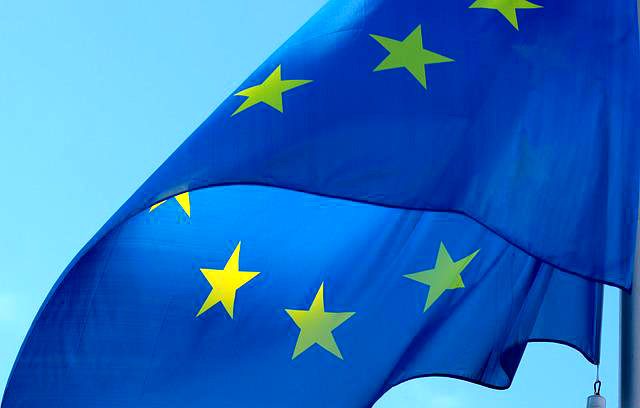Source: Zol.ru (Russia)
The European Union faces a potential shift in its agricultural landscape. Disrupted supplies of vital resources, especially Russian fertilizers, are creating serious concerns. Therefore, the EU could transition from a grain exporter to a grain importer. This change threatens the continent’s food security and economic stability.
The Impact of Reduced Russian Fertilizers on EU Grain Production
The unavailability of Russian fertilizers is significantly impacting crop yields. Experts predict a considerable decrease in grain production. Consequently, without sufficient fertilizers, the EU’s agricultural output will decline.
Several factors contribute to this challenging situation:
- Reduced Fertilizer Availability: Sanctions and logistical hurdles have severely limited access to Russian fertilizers.
- Increased Fertilizer Prices: Alternative sources come at a higher cost.
- Lower Crop Yields: Inadequate fertilization directly translates to reduced harvests.
According to estimates, the EU’s grain harvest could decrease by up to 40% in the coming years. This substantial reduction poses a serious threat to the EU’s ability to meet its own food demands. It creates an urgent need for alternative solutions.
Economic Consequences of Grain Imports
The EU is a major grain exporter, earning billions of euros annually. If it becomes a net importer, the economic repercussions would be significant. Reduced export revenue and increased import costs will strain the EU’s economy. Furthermore, it may impact the prices of food for the end consumer.
Furthermore, the consequences extend beyond economics. Food security vulnerabilities will increase reliance on external sources. Therefore, the EU could become more susceptible to global market fluctuations.
“This situation requires immediate attention,” states agricultural analyst [insert Analyst name]. “Otherwise, the EU risks losing its self-sufficiency in grain production.” He emphasized the need for diversification.
Potential Solutions and Mitigation Strategies
Addressing this crisis requires a multi-pronged approach. The EU must explore alternative fertilizer sources. Promoting sustainable farming practices can reduce dependence on synthetic fertilizers. Moreover, investing in research and development of fertilizer alternatives is essential.
Specifically, the EU needs to:
- Secure alternative fertilizer supplies from other regions.
- Support farmers in adopting efficient fertilizer application methods.
- Encourage the use of organic fertilizers.
- Implement policies promoting soil health.
For example, exploring partnerships with countries like Canada and the United States for fertilizer imports may provide a temporary solution. Furthermore, long-term sustainability requires a shift towards circular economy principles in agriculture. This will require innovation and collaboration. Failure to act decisively could lead to a long-term reliance on imported grain, weakening the EU’s agricultural sector and food security. These changes will be needed to keep EU’s agricultural independence.

